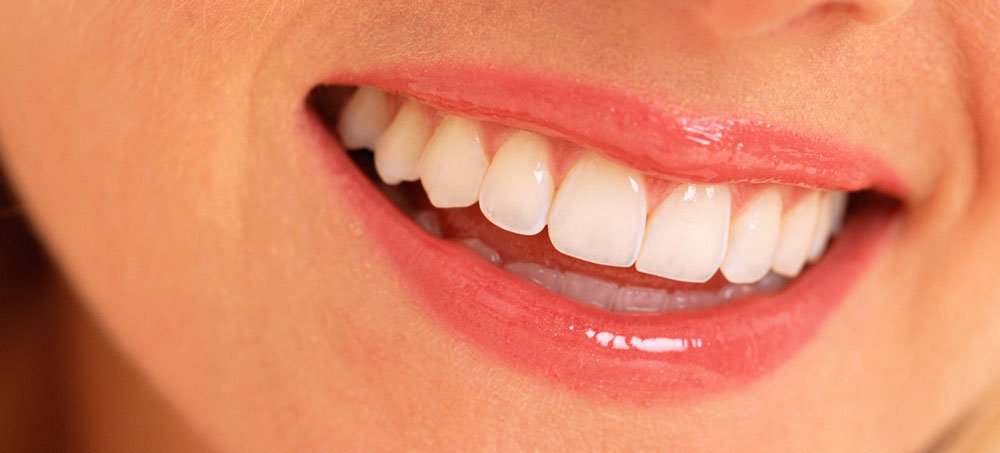Gum Disease
Anyone suffering from the onset of gum disease can learn about how to manage and take care of themselves, giving them the best chance for your gums to heal. If your oral hygiene is important to you but you want to learn more about gum disease, this helpful FAQ article can help shed some light on your situation.
How does gum disease start?
When you don’t brush your teeth regularly to remove plaque from your gumline, the plaque hardens and becomes tartar. Tartar then hardens and becomes calculus and can cause your gums to bleed or become infected.
Your gums may become enflamed or infected, leading to swelling and possibly bleeding. Over time your infected gums can lead to your gum tissue being destroyed or eroding, causing more problems to your oral hygiene.
How can I prevent gum disease?
Regular brushing of your teeth and flossing daily prevents plaque buildup and keeps your teeth healthy and your smile white. Proper flossing techniques are important so that your dentist can easily identify the onset of gum disease early on.
How do I brush properly?
When you are brushing your teeth you need to make sure that you clean every surface and side of your teeth in question. Clean and brush carefully, starting from your rear teeth first and then work your way forward.
How do I floss properly?
Flossing your teeth is a vital part of your gum care, making sure to floss between your teeth and your gumline. Keeping your gums free from food particles or debris can prevents infection. Bleeding from your gums where you floss can be a sign that you must floss more regularly.
How common is gum disease?
Unfortunately it’s a condition that affects many people, and while it’s common, people often ignore the warning signs and don’t seek out professional assistance. Because gum disease doesn’t cause much pain while it’s developing, many people don’t get help until it’s way too late.
How do I get help for gum disease?
If you think you have gum disease the most important thing to do is to seek professional help right away. See your dentist right away to see if you have any early warning signs of gum disease, and ge the right treatment.
If your gum disease is a little more advanced, your dentist may refer you to a specialist for your gums. These specialists are called periodontists and they can help you restore or regenerate bone and gum tissue that’s been eaten away because of your condition.
Making sure you brush and floss properly keeps you from contracting any sort of serious gum disease, and daily care goes a long way to prevent any future issues.
To book your cleaning check-up, call 905 465 0026 or go to Oakville Dentist


